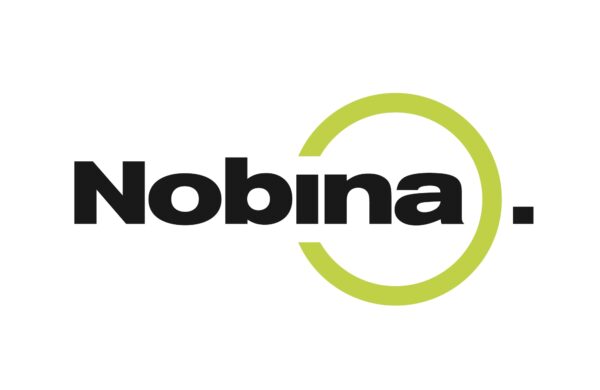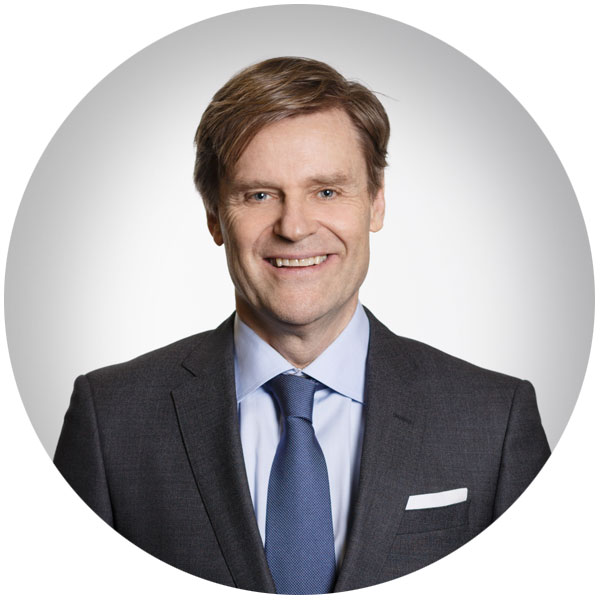
The business strategy that was developed in parallel with the IR strategy was based on three pillars: bus transportation, service traffic and digital payment solutions and planning tools. In addition, management developed a plan to consolidate the market for public transportation. The initiative would mean that the company, which since its listing in 2015 had promised the stock market dividends ahead of investments, would change to prioritizing growth.
Interviews with about 30 of the largest owners revealed that Nobina could only justify a place in their investment portfolios as a dividend share. A change of strategy was therefore likely to fuel sales of the shares while discussions with financial institutions suggested that interest in investing in Nobina was low.
As a result, we developed a plan together to build up interest among new potentialowners and thereby create a basis for a change in ownership that supported the strategy. This process included finding one or more principal owners in addition to the other 30,000 owners – Nobina’s largest shareholder at this time was a bond fund holding 5% of the shares.
After a year of hard work, a robust performance in the operations and a Capital Markets Day, the share price had increased considerably. This success led to one of the PE funds that potentially could have become a principal owner deciding instead to make a public offer on Nobina. Overall, this was an attractive deal for Nobina’s owners, who in barely more than a year had witnessed a sharp increase in value with the share price rise rising just over 50%.

“Johan’s role in assisting the Board and management was crucial in succeeding with the transformation from a traditional bus operator to a growth company in public transportation. Everything from how the process and communication were to be managed to his comprehensive network in the capital market.”
Magnus Rosén, CEO
